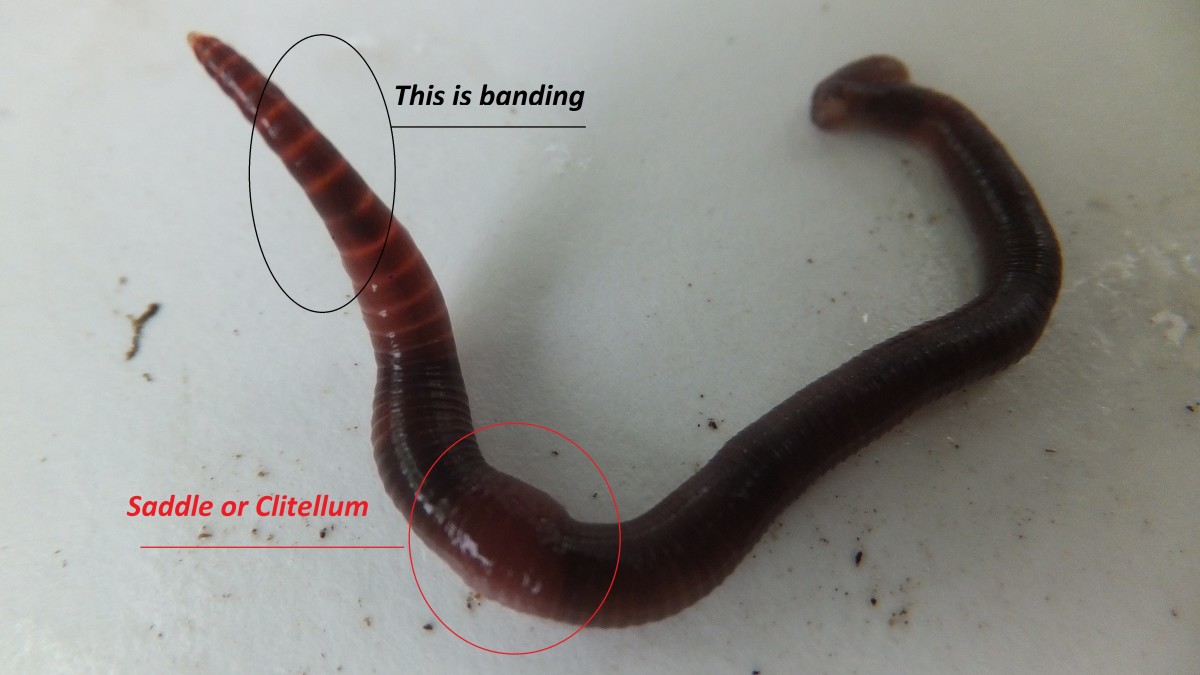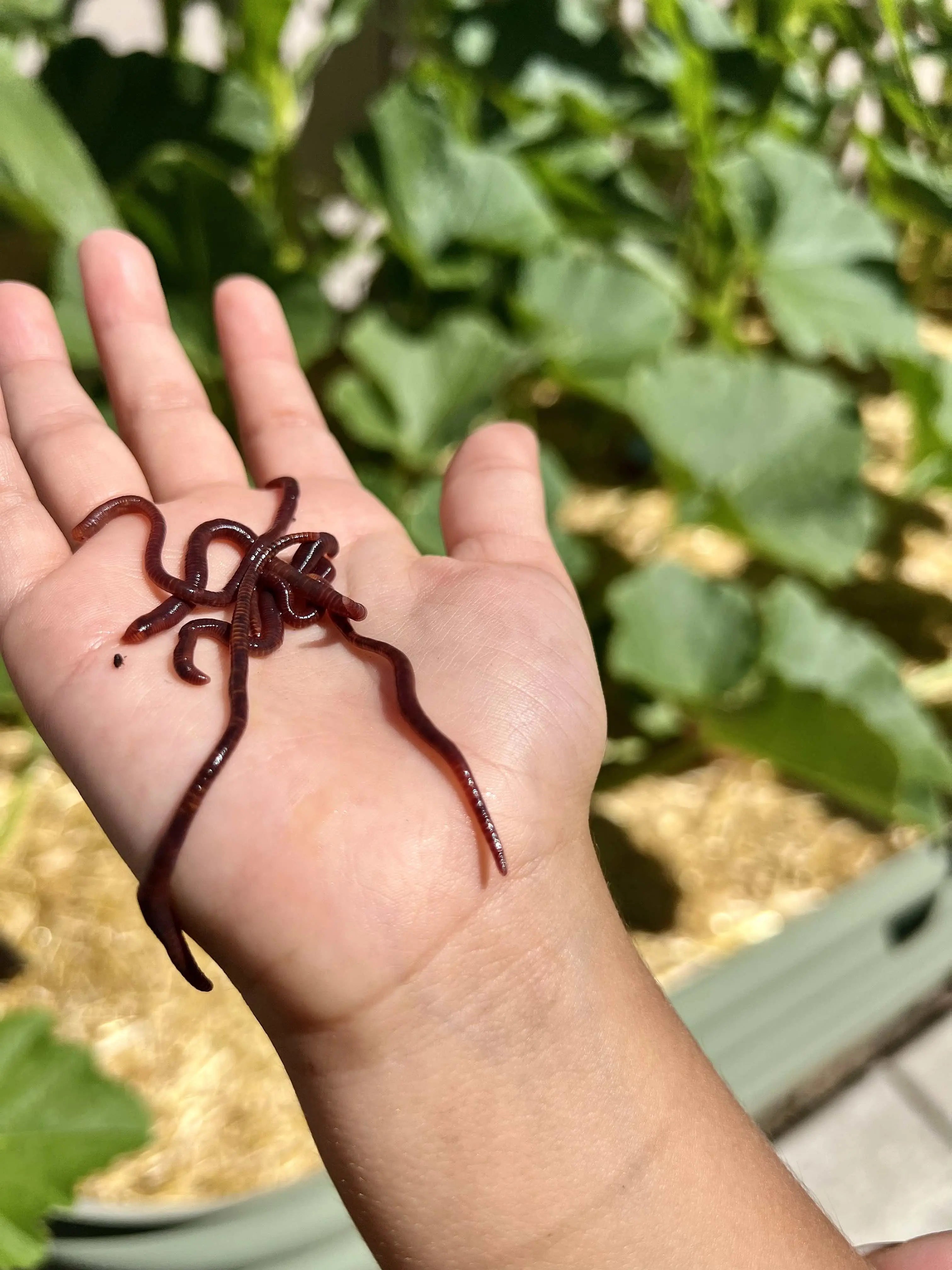Red Wiggler Worms Demystified: Opening the Tricks of Vermiculture for Greener Living and Nutrient-Rich Dirt
In the world of sustainable methods for enriching dirt high quality and advertising eco-conscious living, red wiggler worms play an essential yet commonly forgotten duty. Red Wiggler Worms. Recognizing the complexities of caring for these worms, maximizing their environment, and utilizing their castings can lead to a greener way of life and healthier soil for plants to grow.
The Function of Red Wiggler Worms
Red Wiggler worms play an essential function in composting systems by efficiently breaking down raw material right into nutrient-rich spreadings. These ravenous eaters take in a variety of organic products, such as cooking area scraps, lawn waste, and paper products. As they feed, the worms' digestive processes damage down the raw material into a fine, dark, and nutrient-dense product understood as worm spreadings or vermicompost.
The spreadings produced by Red Wiggler worms are highly valuable for dirt health and wellness and plant growth. They are rich in important nutrients like nitrogen, phosphorus, and potassium, which are vital for sustaining healthy plant growth. Furthermore, worm spreadings consist of useful microorganisms and enzymes that help enhance dirt structure, boost water retention, and enhance nutrient uptake by plants.
Advantages of Vermicomposting

It improves dirt framework, enhances soil aeration, and raises soil moisture retention. Vermicompost likewise enriches the soil with vital nutrients like nitrogen, phosphorus, and potassium, promoting plant growth and total soil fertility.
Additionally, vermicomposting supports sustainable gardening methods by offering a chemical-free and all-natural option to artificial plant foods. Red Wiggler Worms. This eco friendly technique not just enhances the dirt yet also helps reduce reliance on damaging chemicals, advertising a greener and more sustainable way of gardening
Establishing a Worm Bin
When developing a worm bin for vermicomposting, appropriate configuration is vital to make certain the success of the composting process. The very first action in setting up a worm bin is choosing a suitable container.
After including the bed linens, introduce the red wiggler worms to the bin. It is recommended to start with a little number of worms and progressively boost as they increase. The worms ought to after that be provided with food scraps such as fruit and veggie peels, coffee premises, and eggshells. It is important to avoid including meat, milk, oily, or salty foods to avoid bring in bugs and creating undesirable odors.
Consistently check the wetness degrees and temperature in the worm bin to ensure optimal conditions for the worms. With appropriate configuration and upkeep, the worm bin will successfully transform organic waste into nutrient-rich garden compost for your plants and garden.
Gathering Worm Castings
To effectively accumulate nutrient-rich worm spreadings from your vermicomposting system, an organized harvesting method is essential. When it comes time to gather the worm spreadings, there are a couple of essential actions to comply with to make sure a successful procedure.

Troubleshooting Common Issues
Recognizing and resolving usual obstacles that may develop throughout the vermicomposting process is essential for preserving a healthy and productive worm container. One common problem that vermicomposters encounter is overfeeding. Including excess food scraps can lead to a build-up of wetness and level of acidity in the worm bin, potentially damaging the worms. To avoid this, feed the worms in small amounts, guaranteeing that the food scraps are sufficiently damaged down before including much more. One more problem is unpleasant odors emanating from the worm bin. Foul smells indicate anaerobic problems, generally brought on by overwatering or insufficient ventilation. To remedy this, readjust the moisture levels by adding completely dry bed linen materials like shredded newspaper or cardboard and increase aeration by transforming the bed linens routinely.
Additionally, if the worm populace is decreasing or the worms show up unhealthy, maybe due to environmental stress factors such as severe temperatures or pH degrees. Checking these factors and making necessary modifications is essential for the health of the worms. By troubleshooting these common concerns immediately, vermicomposters can make sure a smooth and effective vermicomposting process while maintaining a prospering worm population.

Verdict
In verdict, red wiggler worms play an important function in vermiculture by breaking down natural matter into nutrient-rich soil. Setting up a worm container is crucial for effective vermiculture, and collecting worm castings supplies valuable garden compost for horticulture.
As they feed, the worms' digestive processes break down the organic issue into a fine, dark, and nutrient-dense product recognized as worm castings or vermicompost.
The castings produced by Red Wiggler worms are highly beneficial for dirt health and wellness and plant growth. Including excess food scraps can lead to an accumulation of dampness and level of acidity in click here to find out more the worm container, potentially damaging the worms.Furthermore, if the worm population is declining or the worms show up unhealthy, it can be due visit this website to ecological stress factors such as severe temperature levels or pH degrees. Establishing up a worm container is important for effective vermiculture, and gathering worm castings supplies useful garden compost for horticulture.
 Shaun Weiss Then & Now!
Shaun Weiss Then & Now! Tatyana Ali Then & Now!
Tatyana Ali Then & Now! Michael Jordan Then & Now!
Michael Jordan Then & Now! Danica McKellar Then & Now!
Danica McKellar Then & Now! Batista Then & Now!
Batista Then & Now!